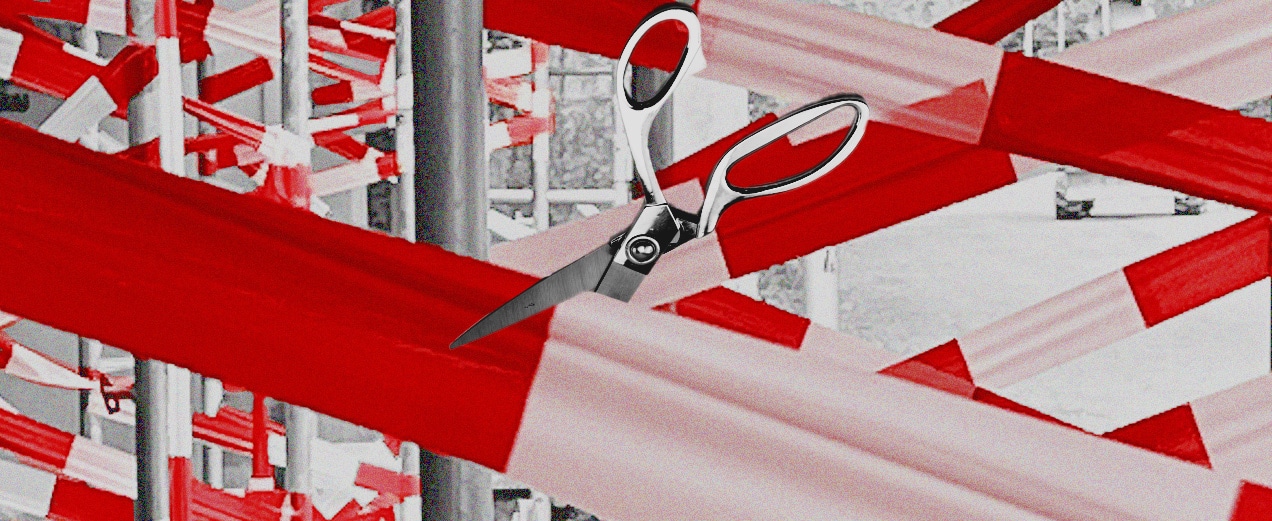Regulatory Reporting
EU watchdog promises to cut reporting burden, warns it needs data to supervise
• 0 minute read
April 11, 2025

The European Insurance and Occupational Pensions Authority (EIOPA) says it will “critically assess” the data it currently receives to ensure it is “truly necessary” for its supervision of financial firms.
European Commission president Ursula von der Leyen has promised to reduce regulation in the European Union by a quarter in an effort to increase competitiveness and boost growth.
In a paper issued on April 8, EIOPA said it was also reviewing and shortening its implementing technical standards (ITS) by deleting templates, reducing reporting frequency, reviewing material thresholds and simplifying information requests as part of the drive for growth.
“While recognising that this in itself may not result in a 25% reduction overall, it contributes to foster a mindset of better regulation,” EIOPA said. An ITS review in 2023 resulted in the removal of around 1,000 data points from reporting requirements for small and medium-sized businesses.
Risk
EIOPA said that while it was seeking to identify and remove reporting requests for data unnecessary for its supervision, data was critical for it to fulfil its mandate to safeguard consumers and ensure financial stability.
“Effective risk-based supervision depends on access to sufficient data — simplification efforts should not come at the cost of sectoral robustness, market transparency, or consumer protection,” it warned.
Data benefits
EIOPA’s announcement comes as a research paper published by the Bank for International Settlements (BIS) suggests a link between suptech — the technology used by financial supervisors to identify risks and anomalies at the firms they oversee — and improved risk management and compliance by banks.
By analysing evidence from the Brazilian central bank, Hans Degryse, professor of finance at KU Leuven, Belgium, Cédric Huylebroek, a PhD candidate at KU Leuven, and Bernardus F Nazar Van Doornik, an economist at Banco Central do Brasil identified a link between suptech use and banksʼ resultant behaviour.
The academics looked at “suptech events”, defined as instances where the central bankʼs supervisory technology had flagged something in a regulated bankʼs reported data that required further investigation. They found that there was a 20% increase in banks reporting of non-performing loans and loan loss provisions, following enquiries by central bank supervisors triggered by a suptech event. Such interventions could be effective in moderating banksʼ behaviour, they suggest
Traditionally, supervisors have employed enforcement actions — with their ensuing negative publicity — to deter banks from non-compliance, but the Degryse, Huylebroek and Van Doornik paper suggests suptech could be another tool to check bank behaviour.
EIOPA said this week that the right data, coupled with the use of suptech, would “enhance automation” and ultimately reduce firmsʼ compliance burdens.
Policymaking
EIOPA said while it was taking steps to deliver on the European Commission’s goal of reducing the reporting burden for financial firms in the EU, lawmakers also had a role in “simplification and burden reduction”. Simplification had to begin at the “earliest stages” of the EU legislative process, it added.
This echoed comments last month by Nikhil Rathi, CEO of the UK’s Financial Conduct Authority (FCA), that much of the complexity in anti-money laundering rules complained about by financial firms emanated from legislation crafted by lawmakers.
The EUʼs tripartite law-making process entails the commission first proposing new laws and regulations, which the European Parliament and the European Council review and amend, before any differences between the three are finally ironed out in a trialogue. This often resulted in significant extra burdens for both firms and supervisors being introduced, said EIOPA.
“Any decision on new legislation should be based on thorough impact assessments of administrative burdens, for both industry and supervisors. The same should hold true for relevant changes during the legislative process,” it said, adding that legislators should draw on EIOPA expertise so that new mandates were realistic and focused.
Gold-plating
Minimum harmonisation, a process that set a floor for regulatory standards, while allowing individual member states to set higher domestic standards also added to regulatory burdens for firms operating in multiple EU countries, EIOPA said. It suggested simplification was needed in the “collective interests” of all member states, to prevent unnecessary “gold-plating”.